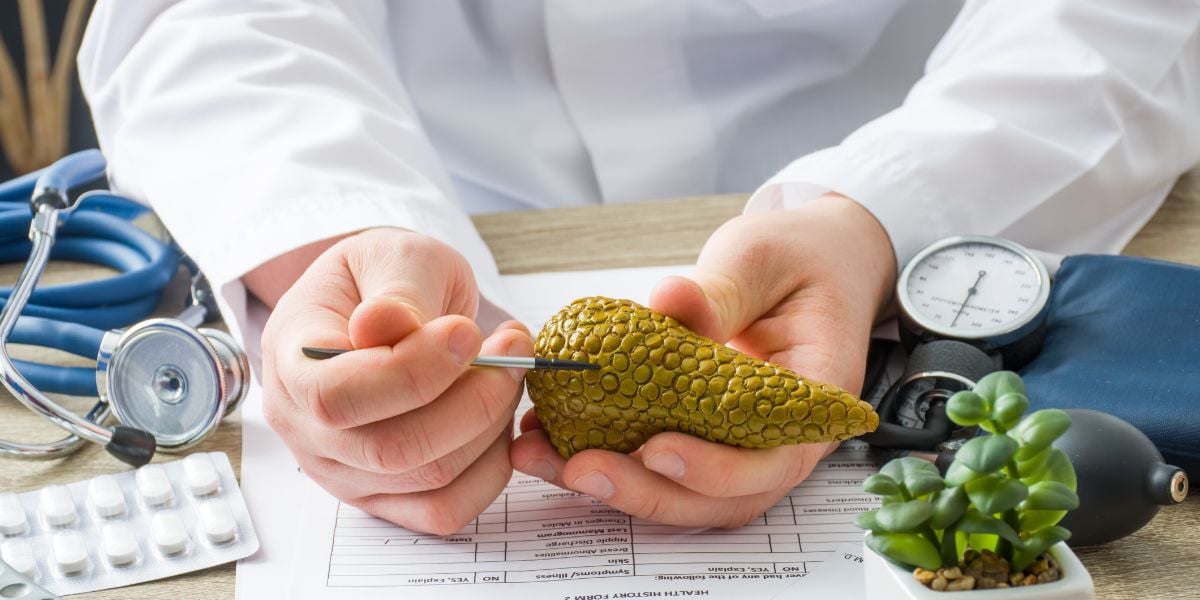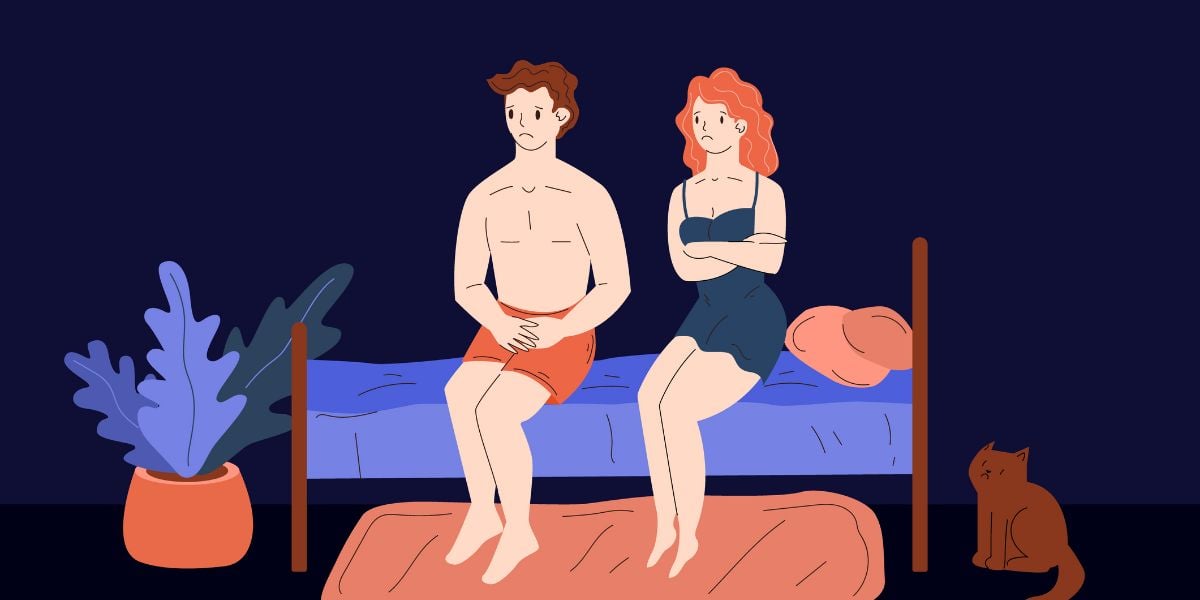Pancreatitis is a condition in which the pancreas becomes inflamed, which can be very painful in the short term and could lead to complications including secondary diabetes
Alcohol and gall stones are the main risk factors for pancreatitis but some medications, including certain diabetes medications , may increase the risk of pancreatitis.
Types of pancreatitis
Acute pancreatitis is when the pancreas becomes inflamed for up to a few days.
Chronic pancreatitis is if inflammation of the pancreas persists over a long period of time, say years.
Symptoms
The main symptom of acute pancreatitis is a strong pain in the upper abdomen, where the pancreas is located.
Other symptoms that may be present include:
- nausea
- vomiting or diarrhoea
- fever
If you have chronic pancreatitis you may experience regular pain within the upper part of the abdomen and possibly some of the following symptoms, caused by difficulty in digesting food properly:
- Stomach cramps
- Bloating and wind
- Foul smelling stools
- Unexplained weight loss
- Jaundice
Seek medical help if you experience sudden severe pain in your abdomen.
Causes
The NHS notes that pancreatitis may be caused by a digestive enzyme becoming prematurely activated within the pancreas, causing the pancreas to become inflamed.
- Having two or more alcoholic drinks a day
- Gallstones
- An automimmune response
- Hypertriglyceridemia – high levels of triglyceride blood fats in the blood
- Genetic mutation of MCP-1 gene
The following medications may also raise the risk of pancreatitis:
- Oestrogens
- Corticosteroids
- Thiazide diuretics
- Certain diabetes medications – see below for more info
Treatment
Treatment for pancreatitis will need to be carried out in hospital. You may need to be given oxygen and intravenous fluids, and may be given strong painkillers, such as morphine, if the pain is severe.
Severe acute pancreatitis will require treatment in a high dependency or intensive care unit.
It is important that underlying cause is addressed to prevent further inflammation. If gallstones are a cause, it may be recommended that you undergo surgery to have your gall bladder removed.
Complications and outlook of pancreatitis
In most cases people can expect to leave hospital within a week or two following acute pancreatitis but it can be more serious in some cases. Pancreatitis is responsible for around 25,000 hospitalisations and almost 1,000 fatalities each year in the UK.
Pancreatitis and diabetes
Diabetes is a relatively common complication of chronic pancreatitis. The NHS states that around 50 per cent of people with chronic pancreatitis will go on to develop diabetes. Forms of diabetes caused by other medical conditions are referred to as being secondary diabetes
Pancreatitis causes diabetes by affecting the amount of insulin the body produces. As a result, diabetes as a consequences of pancreatitis may require insulin injections
If you have chronic pancreatitis, it is useful therefore to be aware of the symptoms of diabetes
Pancreatitis and diabetes medication
Certain diabetes medications have been linked with an increased risk of pancreatitis. The drugs Januvia and Byetta were found to be linked with a doubled risk of pancreatitis.
These drugs are in the DPP-4 inhibitors and incretin mimetics drug classes respectively. These drugs work by suppressing glucagon release and increasing insulin release from the pancreas.
Drugs in the same drug class tend to work in similar ways and so other DPP-4 inhibitor drugs (such as Galvus and Onglyza) and other incretin mimetics (such as Victoza and Bydureon) may also be found to raise the risk of pancreatitis.




